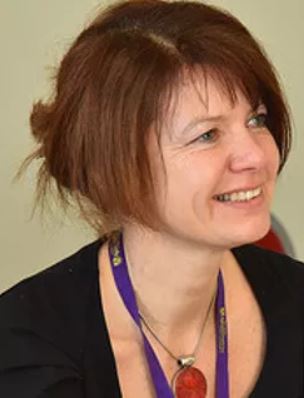 This webinar will share leading-edge research on mindfulness and decision-making in complex systems. We will be looking at how using up-to-date science on cognitive bias, theories of mind and emotions in mindfulness programmes might support Quality Improvement.
This webinar will share leading-edge research on mindfulness and decision-making in complex systems. We will be looking at how using up-to-date science on cognitive bias, theories of mind and emotions in mindfulness programmes might support Quality Improvement.
** Please register here to receive your personal login **
In our everyday work we analyse information, evaluate situations, make assumptions about others and make decisions, but often with little understanding of the internal mechanisms of any of these processes.
Rachel will be presenting her research which involved scoping, developing and delivering mindfulness based interventions with senior leaders in the Welsh Government and community facilitators in the East Riding of Yorkshire.
There have been significant developments in the science of emotion, mind, decision-making and bias in the past 40 years, much of which has not yet informed underpinning theories of mindfulness programmes, or of workplace training. By adapting training, using up-to date-science on cognitive bias, theories of mind and emotions, this research suggests a radically different approach to mindfulness programme design and how it might support quality improvement.
This Zoom is jointly organised by the Q Mindfulness for QI SIG and the Closing the gap: developing improvers for a complex world SIG (all welcome to join both of them).
Bios
Rachel Lilley is currently Co-director of Aberystwyth University Behavioural Insights Research. She has spent 20 years working in NGOs as a campaigner, trainer, project manager and director, working on a broad range of topics including: homelessness, health, AIDS, international development, recycling, environmental sustainability, mediation. For the past 7 years she has researched and worked on behaviour change and mindfulness, sometimes together and sometimes separately, mostly in contexts of health and sustainability. Alongside her main career she is also an experienced mindfulness trainer, yoga teacher, fitness instructor and workplace coach.
Esther Hall is a Chartered Psychologist and has been in Public Health for 5 years working on behaviour change and more recently on systems change with a focus on community settings. She has an interest in mindfulness as a capacity building approach to enable people to better relate to themselves and others with a view to more meaningful change. Esther hosts the Q community Special Interest Group Closing the gap: developing improvers for a complex world (all welcome to join) and combines the area of mindfulness with complexity for evolving how we do change in communities.
 Zoom video call - online/phone (all welcome) *12.30pm*
Zoom video call - online/phone (all welcome) *12.30pm*